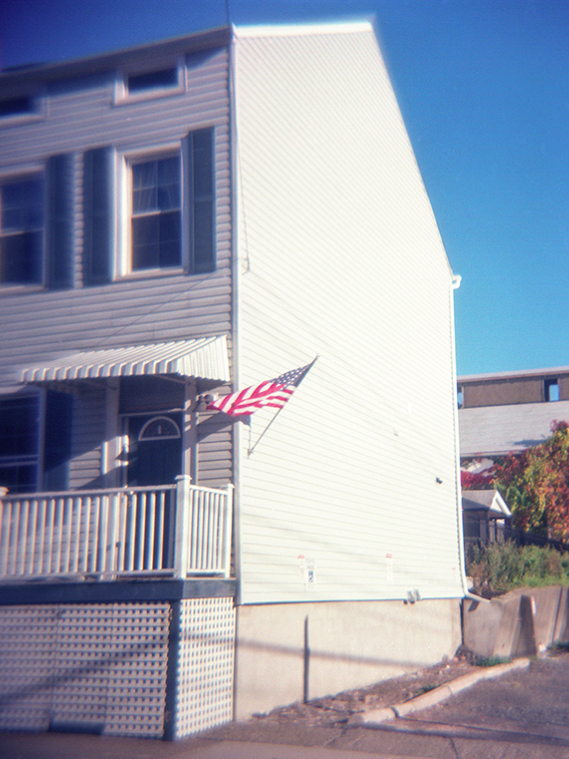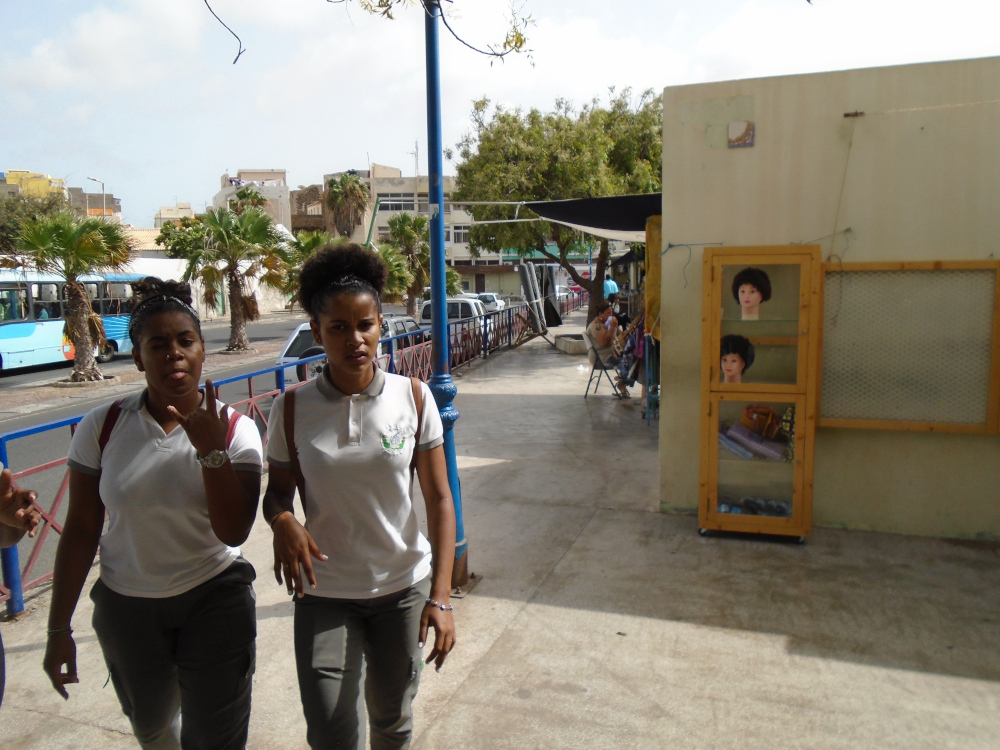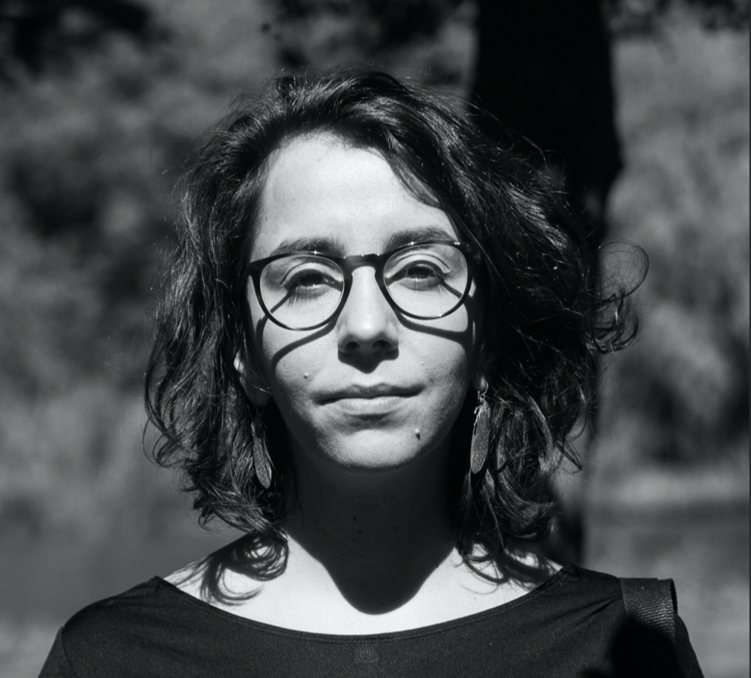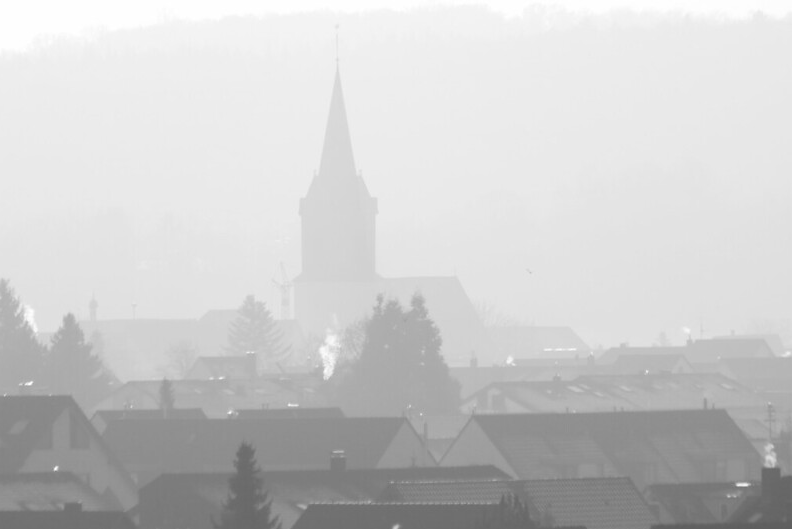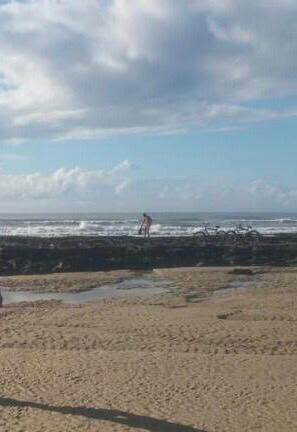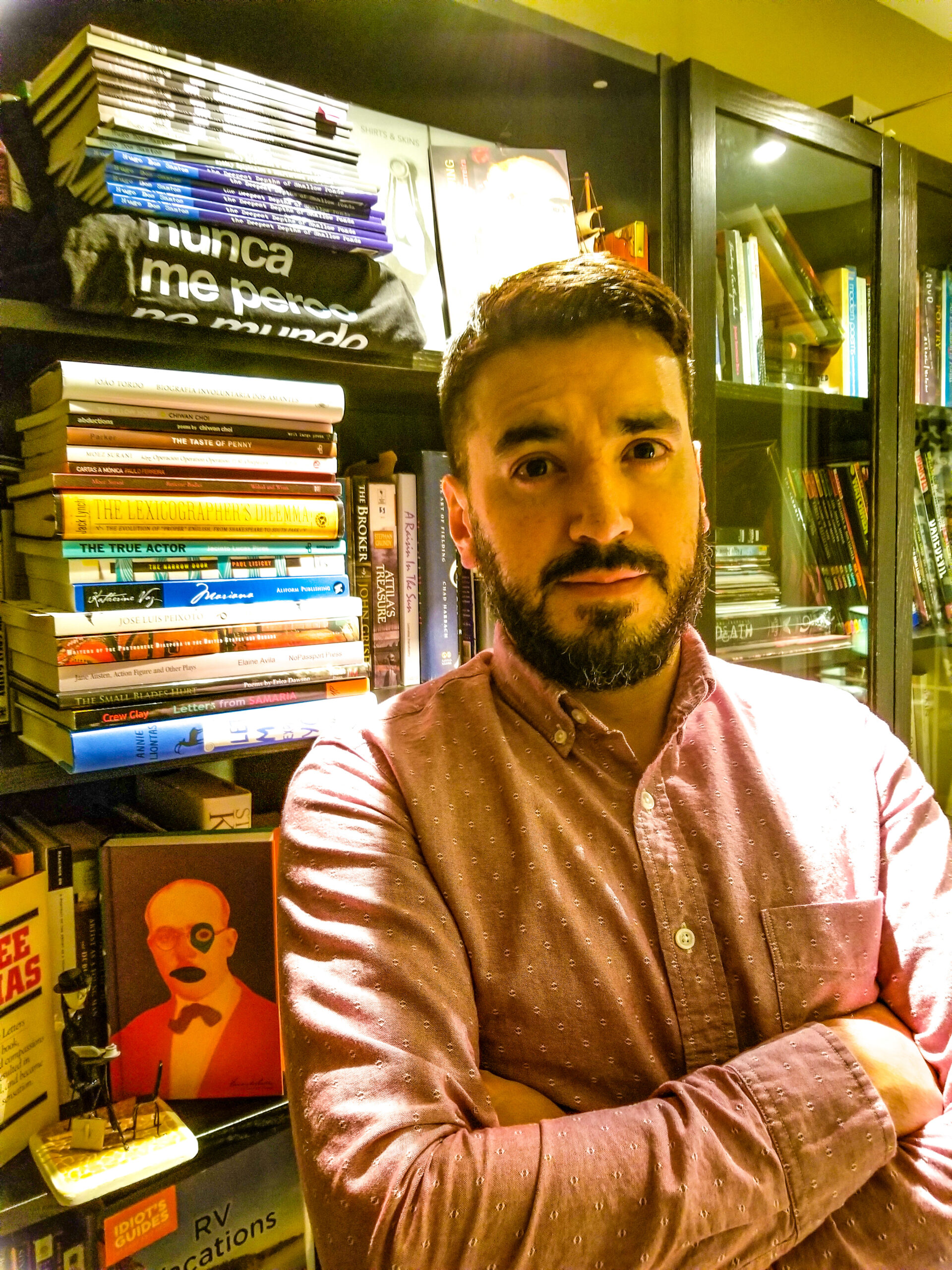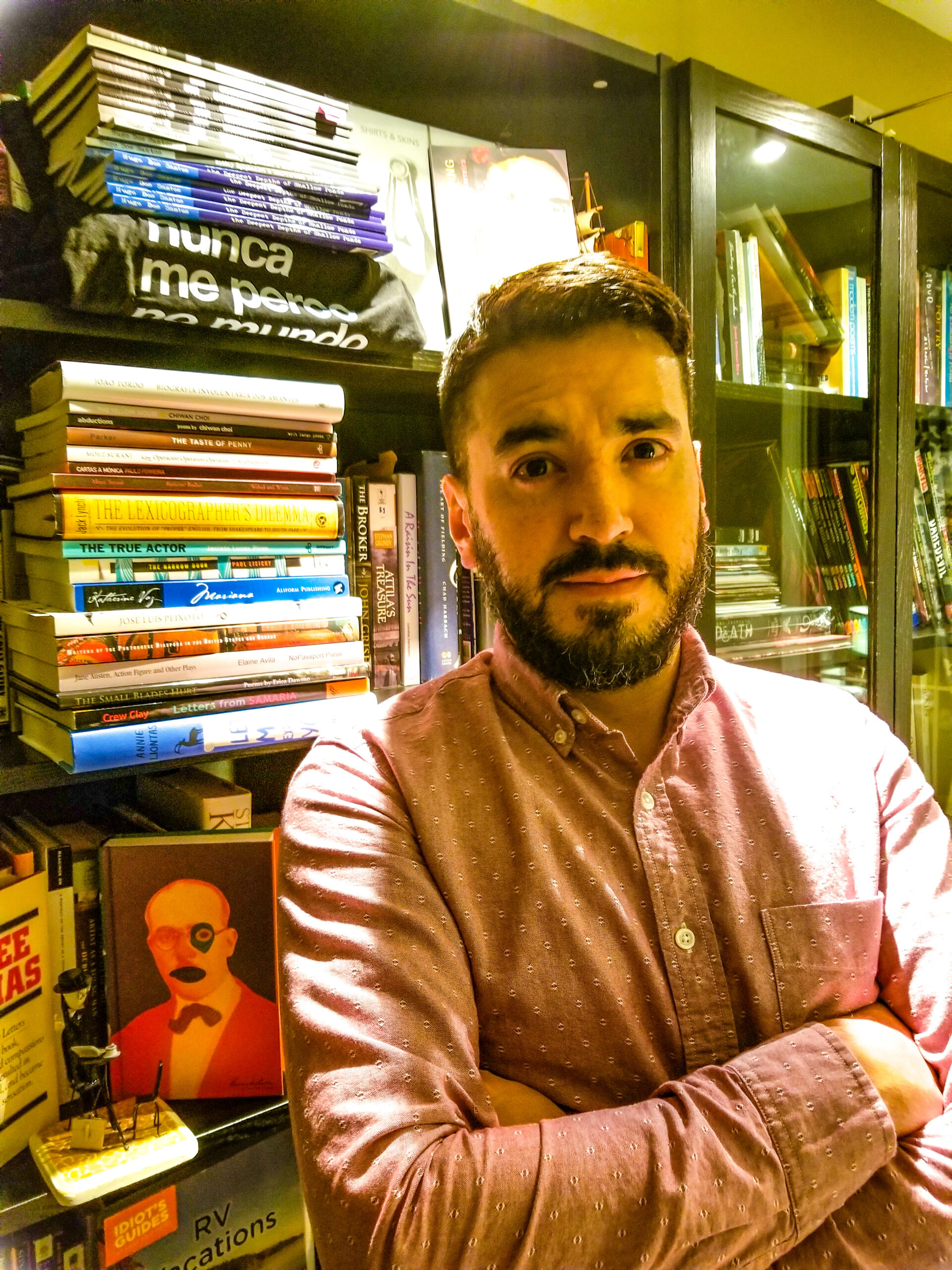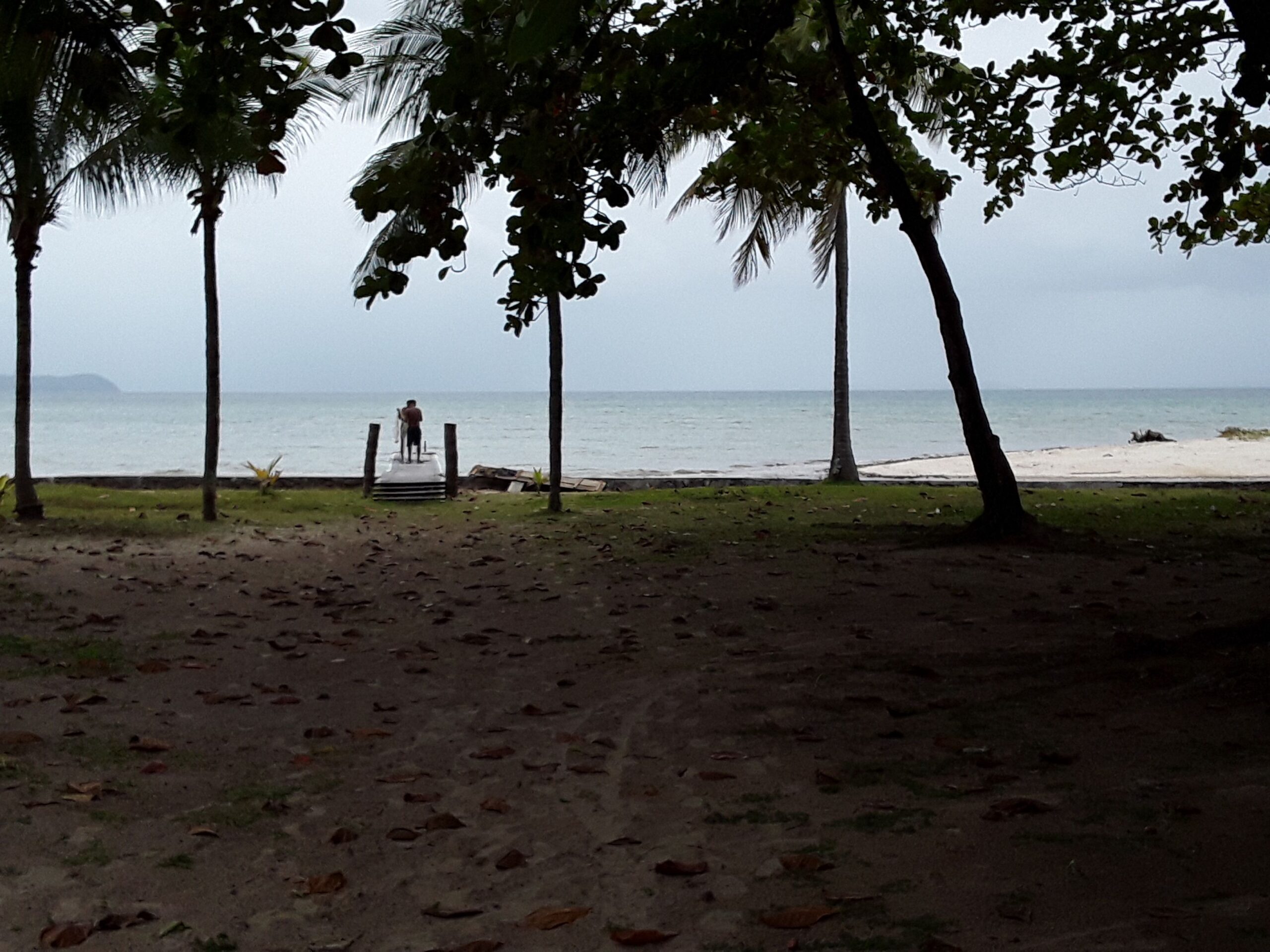Poetry by ŞÜKRÜ ERBAŞ
Translated from the Turkish by DERICK MATTERN
Poems appear in both Turkish and English below.
Translator’s Note:
Şükrü Erbaş was born when, as his mother said, “the vineyards were boiling”—that is, when the pekmez (a traditional grape syrup) was being made. He grew up among those vineyards and wheat fields and apple orchards, deep in the Anatolian countryside, in the town of Yozgat, not far from the ruins of the ancient capital of the Hittites.
Erbaş’s reputation in Turkish poetry hasn’t strayed far from the geography he grew up in, neither from its idyllic beauty nor from its brutal poverty and neglect. But while Erbaş doesn’t shy away from the politics or economic struggles of the long-suffering Anatolian people, he’s not reducible to a mere political or a nature poet. His reviewers usually accord him something like the status of a poet of witness. Poet-critic Şeref Bilsel calls Erbaş a socialist poet without slogans, one who doesn’t say “I need to speak” but rather “I have heard.”


